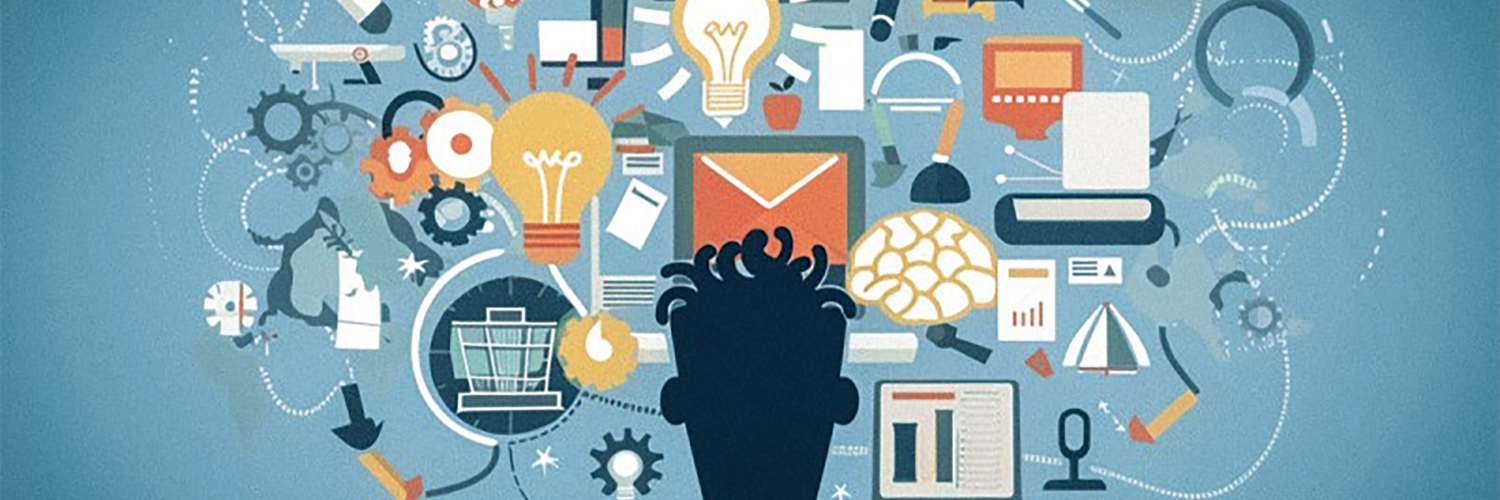CONDITION: Study finds the brains of people with attention deficit/hyperactivity disorder (ADHD) are wired in a way that benefits them as entrepreneurs
By Own Correspondent
The brains of people with ADHD function in ways that can benefit them as entrepreneurs, according to research from the West Virginia University John Chambers College of Business and Economics.
Associate Professor Nancy McIntyre said her paper in the International Journal of Entrepreneurial Behaviour and Research broadens the scope, in an entrepreneurial context, from “if ADHD functions” to “how ADHD functions.” The paper is based on a study demonstrating an entrepreneur with ADHD is able to use routines, patterns and habits like a big net that captures and stores stimuli from the environment for later use.
“My co-authors and I are advancing the idea that ADHD is not a cognitive deficit or disability when considering entrepreneurship,” she said. “Someone with ADHD and high entrepreneurial intent might go to a big event and meet person after person with knowledge, advice, contact information, venture capital or other resources to offer.
Because their mind tends to hop all over the place, they’re making lots of connections and filing them in a way that allows them to use those resources in the future. Their net becomes thicker and thicker with resources that could be used to start or support their company.”
McIntyre is the former owner of an advertising agency and has ADHD herself. She said that “in one-on-one conversations and larger meetings, the ADHD created a constant rattle in my brain: ‘Boy, it’s cold in here. Are those new glasses he’s wearing? Would our client like red on that brochure more than blue? Are the kids having fun at day care?’”
Like McIntyre, many people with ADHD find it especially difficult not to immediately attend to new information. They’re predisposed to speedy cognitive processing and quick decisions, bouncing from stimulus to stimulus, continually scanning their environments and swiftly shifting their attention from old data to new.
To deal with the constant influx of information, people with ADHD often develop habits, routines, processes or shortcuts that help them assimilate all that data without becoming exhausted by it. Those routines are examples of what McIntyre calls “resource-induced coping heuristics.”
She has developed her own set of heuristics to help her cope with the massive quantity of information streaming into her mind.
 “In the morning, my executive assistant provided me with a schedule. At the end of each day, she provided me with a summary and action items. She was always at my side taking notes, or if she wasn’t available, she had a recorder on the table so I could review the tape later. Those routines helped me use my resources to focus on the important information.”
“In the morning, my executive assistant provided me with a schedule. At the end of each day, she provided me with a summary and action items. She was always at my side taking notes, or if she wasn’t available, she had a recorder on the table so I could review the tape later. Those routines helped me use my resources to focus on the important information.”
McIntyre explained a cognitive heuristic takes the load off your brain. A “walking” heuristic, for example, allows a person to walk without thinking about every step as they take it. A “driving” heuristic allows someone to start the car, fasten their seatbelt, step on the brake and shift into gear more or less automatically.
Everyone uses heuristic routines to perform common tasks efficiently, without thinking through or about each part of the process. But McIntyre’s research reveals that for entrepreneurs with ADHD, heuristics can be critical to three key qualities for their success: alertness, adaptability and entrepreneurial intent.






























